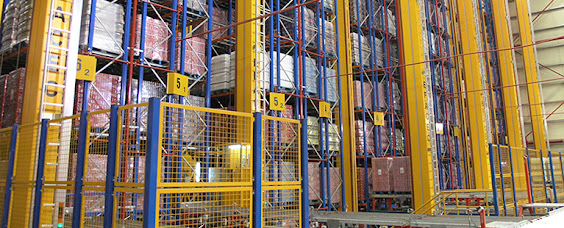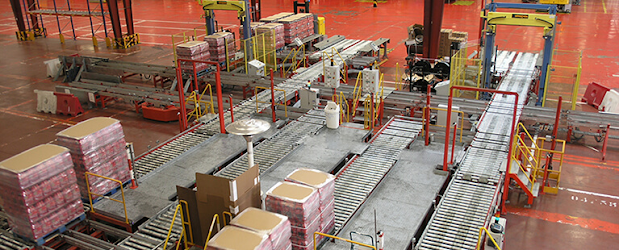The Significance of Warehouse Management Systems in Modern Business
In today's competitive business environment, efficiency and organization have become paramount for companies aiming to stay ahead of the curve. A critical aspect of business operations that demands close attention is warehouse management. A well-structured and effectively managed warehouse can significantly impact the bottom line, driving productivity and growth. This is where warehouse management systems (WMS) come into play. In this article, we will delve into the importance of WMS and explore how it can revolutionize the way businesses handle their inventory and supply chain processes.
A warehouse management system is a software solution designed to optimize the various aspects of warehouse operations, from inventory tracking and control to order fulfillment and labor management. WMS offers a plethora of benefits that can help businesses streamline their processes and maintain a competitive edge. Here are some key advantages of implementing a WMS:
Improved Inventory Management
A WMS provides real-time, accurate information on inventory levels, helping businesses avoid stockouts and excess inventory. This accurate tracking enables better decision-making when it comes to stock replenishment, ensuring that inventory levels are optimized and in line with demand.
Enhanced Order Accuracy and Fulfillment
By automating order picking and packing processes, a WMS reduces the likelihood of human error, leading to improved order accuracy. This not only helps minimize costly returns and exchanges but also improves customer satisfaction, as they receive the correct products on time.
Streamlined Warehouse Operations
A WMS optimizes the layout of a warehouse, ensuring that products are organized in the most efficient manner possible. This improved organization leads to reduced travel time for employees, increased productivity, and faster order processing.
Labor Management and Productivity
A WMS provides valuable insights into warehouse staff performance and helps identify areas where improvements can be made. By monitoring employee productivity and providing data-driven feedback, a WMS can help businesses make informed decisions regarding staffing levels, training, and performance incentives.
Enhanced Data Analysis and Reporting
WMS offers robust reporting capabilities, providing businesses with the data they need to make informed decisions. By analyzing historical data and identifying trends, companies can better forecast future demand, plan inventory levels, and make strategic decisions to improve their bottom line.
Cost Savings
The increased efficiency, productivity, and accuracy achieved through the implementation of a WMS can lead to significant cost savings. Reduced labor costs, minimized product loss, and decreased order errors contribute to a healthier financial position for businesses.
Scalability and Flexibility
WMS solutions are designed to grow with a business, offering the flexibility to adapt to changing market conditions and operational requirements. This scalability ensures that the warehouse management system remains a valuable asset as a company expands its operations.
In conclusion, the implementation of a warehouse management system is crucial for businesses looking to optimize their warehouse operations and maintain a competitive edge. The benefits of a WMS, such as improved inventory management, enhanced order accuracy, and streamlined processes, contribute to increased efficiency, productivity, and cost savings. As businesses continue to navigate the complexities of modern commerce, investing in a robust WMS will undoubtedly prove to be a wise decision that fosters growth and success in the long run.
.jpeg)

.png)

Comments
Post a Comment